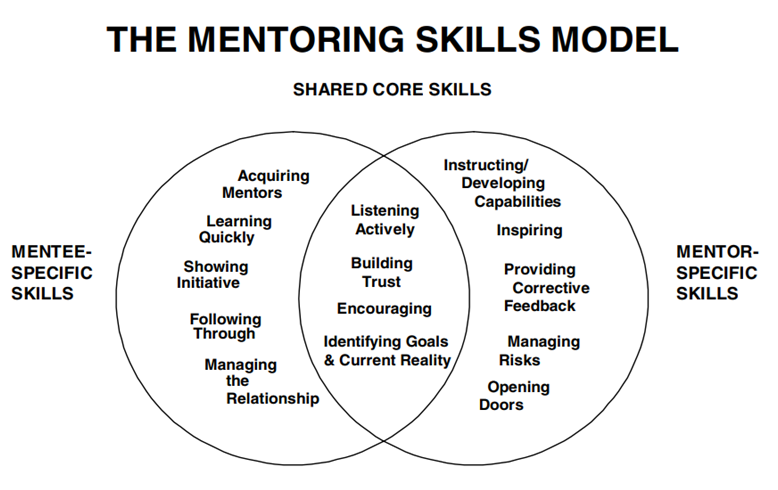Like every second person, I love movies. Whenever I begin watching them, I am so immersed that my family often complains that my attention towards the movie is so undivided that I do not listen to anything they say or mention. Recently, I watched Ponniyan Selvan and I was hooked. The plot, the twists, the cinematography, and the costumes took me back to that era. The way it was directed, presented, and enacted by the actors was another highlight and I eagerly watched the second part. Moreover, it drove me to learn more about the Chola Dynasty.
Let me share that I was intrigued by the history shown in the movie but not everything shown in the movie is true.
Source:https://m.media-amazon.com/images/S/pv-target-images/7e25f103214ea7116adf106e3762b591a2b46469377bc310b5983dbeb623a0f4.jpgSo let's explore what we can take from the empire and use it in present-day life. The Cholas ruled from the 9th to the 12th century AD. If you refer to the book, Ancient India by S. Krishnaswami Aiyangar, Cornell University Library, you learn how the kingdom came to be.
It was King Rajaraja who ascended the throne in 969 A.D. conquered territories and became master of the Tamil country south of the Pennar. He was so devoted to his work that he did not let a single opportunity pass by him to ascertain power and defeat the Chalukyas. His son, Rajendra took over after him and expanded the empire and successive rulers maintained the glory. They were excellent at maritime knowledge and capitalized on their supremacy over the seas making them formidable at sea wars.
The strength of the kingdom was its governance. The administration was highly systematized from an early date. The Head of the state was the king with state officials and ministers as shown in the image.
For administration purposes, the kingdom was divided into several administrative units called 'mandals' with respective sects of people governing the areas. Different sects of people governed different areas to bring in more regulations. What was most appreciable was that the village councils, 'sabhas' enjoyed autonomy with minimal interference from the king. Further, the courts to impart justice gave out judgments based on evidence.
This is somewhat comparable to our present democratic government across the world. So why was the governance lauded to date and celebrated even today? Why do we seek to make movies of the past when the countries today have systems with the latest technology and access to resources?
If you analyze the information shared, two prominent conclusions can be drawn:
1. Process hierarchy - All the officials were governed by another set of officials and the guidelines were clear where they abided by the rules of the constitution. Training and monitoring play an important role in every system within the governing bodies so that each individual is aware of their roles, their outreach, and the scope and boundary of their powers. Institutions should invest in consistent training and third-party monitoring to get real-time feedback on their performance.
2. Autonomy and minimal interference - You need to trust the person you have engaged for the role and allow them to experiment and explore. You need to give them a boundary where few errors can be accepted and where no mistakes will be tolerated. For example where the life of any individual is threatened then no lapses will be entertained but an event arrangement lacking coordination or quality can be let off with guidelines and feedback. Allow the person to make decisions and learn from the consequences without a feeling of guilt and remorse as David Ogilvy mentions, "Leaders grasp nettles"
This is a serious concern and the Ministry of Education and educational institutions need to take cognizance. For starters, educators need to create projects for students where they share their leadership icon of today stating the attributes that make the person a great leader and comparing it with a leader of the past. Let the students role-play, criticize, or even rewrite what they felt the leader should have done better. Get students to create portfolios where they conduct research on how to create leaders for the nation with a 10-year plan.
While closing, I would want to share that movies can be a starting cause but how we use it is all our perspective. I am happy to learn about the Cholas which I never did take seriously during my school days so kudos to the entire movie team. At the same time, post the research, the students could also be asked to review the movie and analyze the facts and the fiction.
References:
1. Unveiling the Lost Pages of History: The Forgotten Cholas and Other Indian Dynasties......
Read more at: https://organiser.org/2023/06/12/178492/bharat/unveiling-the-lost-pages-of-history-the-forgotten-cholas-and-other-indian-dynasties/
2. Ancient India - https://www.rarebooksocietyofindia.org/book_archive/196174216674_10154712353641675.pdf






 let you overtake, valuing your speed
let you overtake, valuing your speed  ;
; and slow you down.
and slow you down. and inner insecurities break all rules;
and inner insecurities break all rules;